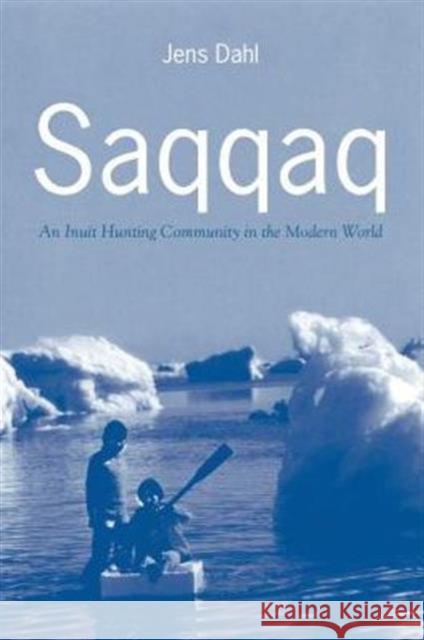Saqqaq: An Inuit Hunting Community in the Modern World » książka
Saqqaq: An Inuit Hunting Community in the Modern World
ISBN-13: 9780802082374 / Angielski / Miękka / 2000 / 336 str.
Saqqaq: An Inuit Hunting Community in the Modern World
ISBN-13: 9780802082374 / Angielski / Miękka / 2000 / 336 str.
(netto: 144,01 VAT: 5%)
Najniższa cena z 30 dni: 150,59
ok. 22 dni roboczych.
Darmowa dostawa!
In the early eighteenth century, West Greenland became a colonial territory of Denmark. Nevertheless, a large number of Inuit communities maintained significant aspects of their cultural and economic practices. When home rule was introduced in 1979, the benign paternalism of colonial days was superseded by the incorporation of ethnic and institutional relations under a unified political system in Greenland. A national Greenlandic Inuit community was created, forcing further cultural adaptation on the part of the Inuit. Jens Dahl analyses life in Saqqaq, a small Greenlandic hunting community, and explores the changes that have taken place there over the last couple of decades. As modern technology is introduced and the worldviews of the Greenlandic Inuit change, the hunting community continues to base its life on a traditional notions, including an economy involving sharing, exchanging, and free access to the hunting and fishing grounds. Dahl demonstrates that Saqqaq and other communities have adapted to colonial and post-colonial influences by combining their practices of hunting and fishing with other forms of employment. In the midst of these economic developments, however, hunters are losing control over their traditional lands. Dahl discusses this conflict within the political context, making "Saqqaq" a unique and valuable example of Inuit survival in the modern world.











